Hi there,
Have you ever been so absorbed in something that you forgot it was way past tea time? You look up, your coffee has grown cold, you haven’t once thought about your overwhelming to do list or had the urge to check Instagram.
If you have, you’ll know it can be utterly joyous to be so completely immersed in an activity (although I have been known to forget to pick up my daughter from school 😱).
And you may well have experienced the opposite, which is far more common: the dread as you contemplate your laptop, or the garage in need of decluttering. You begin your task feeling as if you are wading through porridge and your web browser has turned into a siren beckoning you down to the internet’s dark depths.
This, my friends, is flow (or lack of it), and I have spent much of my adult life in pursuit of it.
What is flow?
“It is what the sailor holding a high course feels when the wind whips through her hair, when the boat lunges through the waves like a colt - sails, hull, wind, and sea humming a harmony that vibrates in the sailor’s veins. It is what a painter feels when the colours on the canvas begin to set up a magnetic tension with each other, and a new thing, a living form, takes shape in front of the astonished creator.”
Mihaly Csikszentmihalyi
I first came across the concept of flow when I was a young journalist researching the science of happiness. Dr Mihaly Csikszentmihalyi, then a professor at the University of Chicago, originally wanted to find out when people felt happiest. He noted that over 2300 years ago Aristotle wrote that happiness was the only goal shared by every man, woman and child.
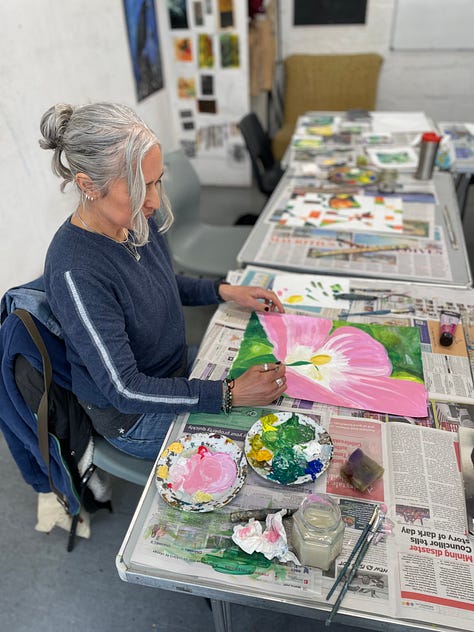
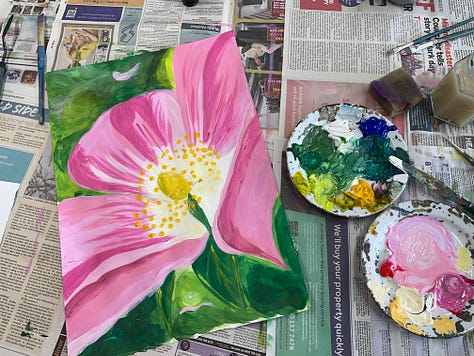
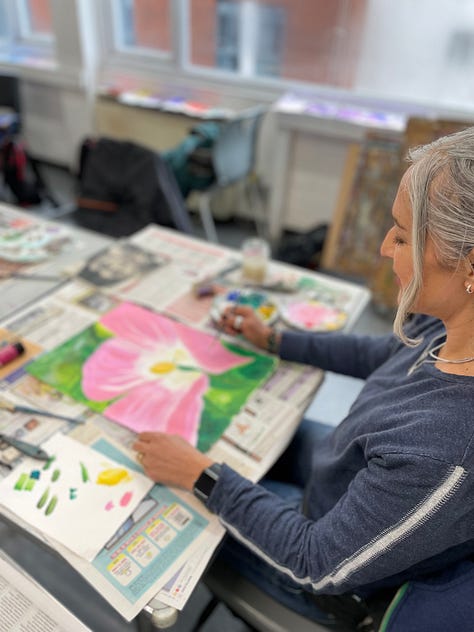
Csikszentmihalyi’s first studies involved ‘experts’ - artists, athletes, musicians, chess masters, surgeons - people who spent an inordinate amount of time pursuing the activities they were experts in. What he discovered was that these people all had something that money literally cannot buy.
He coined the term flow to describe it:
“The state in which people are so involved in an activity that nothing else seems to matter; the experience itself is so enjoyable that people will do it…for the sheer sake of doing it.”
Csikszentmihalyi’s idea was simple - if you knew how to achieve flow you could prepare for it, set up the conditions to achieve it, and thus live far more of your life in a happier state.
Most of us can remember being in this state of grace. For me, I fall into flow when I’m painting or mountain biking, even just going for a walk and being immersed in nature.
Painting and mountain biking are activities that I enjoy, but I’m not particularly good at. I can do them well enough - I can wield a brush, balance on my bike - so that I’m not totally frustrated, but I still find them challenging and so they absorb me. But I am probably not alone in saying I rarely do these hobbies that transport me so beautifully into flow.
How can we find flow?
But how can one achieve flow in one’s work? Because I know how flow feels from my painting experience, I have been able to replicate that feeling in my writing. Like painting and mountain biking, writing is challenging, but it’s not so hard that I can’t do it (usually!).
Here’s what I do to get into a state of flow when I’m writing:
I schedule a specific amount of time in my calendar for writing.
I set clear and achievable goals, such as - draft a 1000 word Substack article, or write 1000 words of Wilderness, my nature memoir.
I make sure I can concentrate: the dog has been walked, my daughter’s at school, my mobile is switched to Do Not Disturb and I have no meetings.
I fill my diffuser with an essential oil blend of Pirate Oil (clove, lemon, cinnamon rosemary, eucalyptus), which helps me focus.
I meditate for 5-10 minutes listening to binaural beats (music that has a hidden beat and synchronises your brain waves to a particular state: I often choose low beta waves 14Hz for focus).
I fill a jug with water, a slice of lemon and herbs from the garden, such as mint or fennel, and make a cup of organic black coffee.
And then I begin.
How can you find flow?
Think about a time when you felt completely absorbed in a task or a hobby. What was it? How did you feel? Can you include this task or hobby in your life more regularly?
Are there times you have achieved flow in your work? What helped? Can you replicate those conditions?
To find out more about what flow is, how to achieve it in your work, and most of all, how to find flow and thrive in your entire life, you might like to sign up to my 3-part masterclass for paid members:
The Writer’s Path: How to be plan, be creative and find flow. Part III is on finding flow and is out next week on MONDAY 17 MARCH.
This is a shortened version of an article that was originally written for


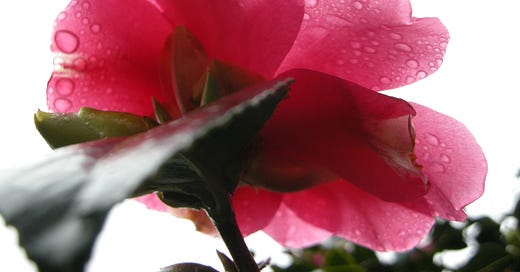



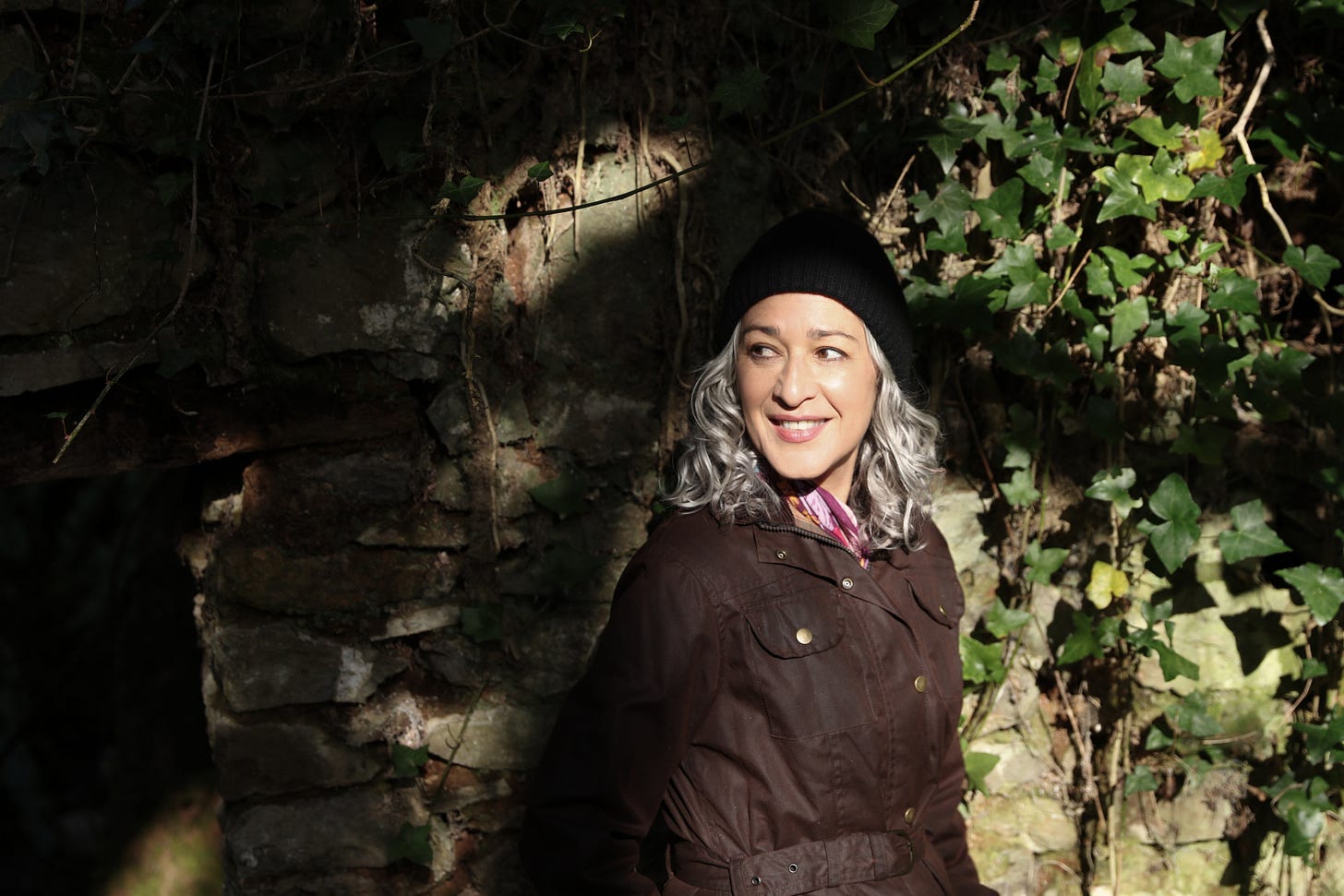

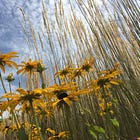
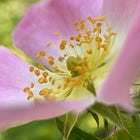
Sanjida, I love How to Find Flow…, and I’m looking forward to Part III of the Writers Path! I have to share a recommendation from a cooking class for making a roux, which requires a long period of continual stirring. “Warn the family: Unless you’re losing a limb, fix whatever happens yourself - I can’t help you till my roux is done!!”
Also, your meditation soundscape reminds me of a small step towards Flow I’m achieving based on Part I’s Pomadoro recommendation. I found an app called Focus Keeper that offers an ocean sound during my 25-minute work periods. While certainly not Flow, that soft, irregular aural input has been just enough to keep me from allowing myself to be distracted.
On to Part III!